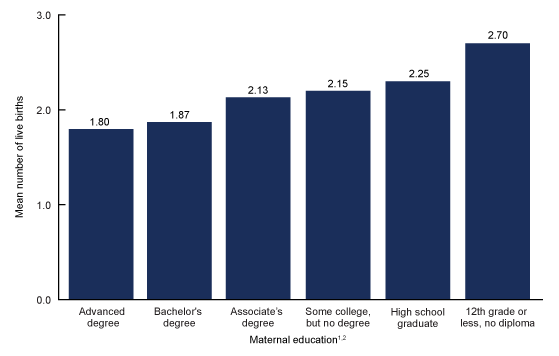The economist Noah Smith provides an answer:
sub req, but a little under half of the article is provided.
Me: Well who cares? The world is over-populated and we could use less pressure on the ecosystem. In particular, reducing CO2 emissions and reversing CO2 concentrations would be a great thing. The population is growing. Give me a break. Noah Smith:
Here’s the thing about exponential functions: They either explode to infinity or decay to zero.
Human population growth is an exponential. This is because humans are the thing that produces other humans — the more you have, the more you produce. If every human, on average, produces 1.000001 other humans, the population will eventually explode to infinity; if every human, on average, produces 0.999999 other humans, the population will eventually decay to zero. Here are pictures of the two possible futures:

So how do we create a world where the human population neither explodes into overpopulation or trails off into an empty planet? The only way is active stabilization . We need ways to nudge fertility a little bit above the replacement rate when it’s too low, or knock it down a little bit below the replacement rate when it’s too high. We don’t want to send fertility back to 5 or 7, but we need some way to be able to return it to 2.1 if we want to.
Right now, we know lots of policies that can reduce the fertility rate — in fact, those policies have been used to great effect around the world, which is one reason population forecasts have fallen so much. We’re good on that front. But what we don’t know are policies that reliably and durably increase the fertility rate by an appreciable amount. We have downward nudges, but we don’t have upward nudges yet.
Me: Ok, but it took a while to develop and implement downward nudges. And I think we do have upward nudges: they are just really expensive at present. Noah Smith:
There are two main classes of “pronatal” policies that people talk about — 1) paying people to have more kids, and 2) trying to change culture to encourage people to have more kids. Unfortunately, the first of these has only had minor effects so far, while nobody really knows how to do the second.
Agreed that this needs to be looked into in a big way. But “big way”, is pretty cheap as things go: economists and demographers aren’t that expensive.
ETA: Since reading Noah’s Nov 2024 post, I’ve been wanting to debate this with @Dr.Strangelove in GD, but haven’t gotten around to framing a thread around it.
ETA: Der: In addition to Handmaiden’s Tale approaches, another dystopian method would be to deny old age benefits to the childless. Or sharply reduce them. Unlikely to happen in democracies, likely to be tried in authoritarian countries. So we need to get our asses in gear and figure this out.


